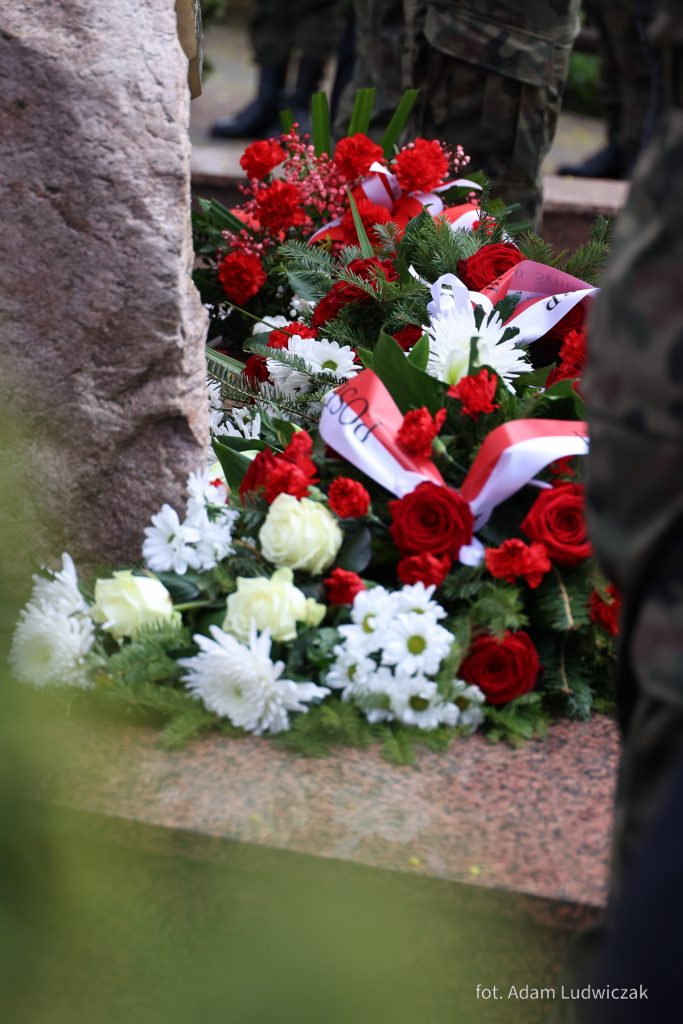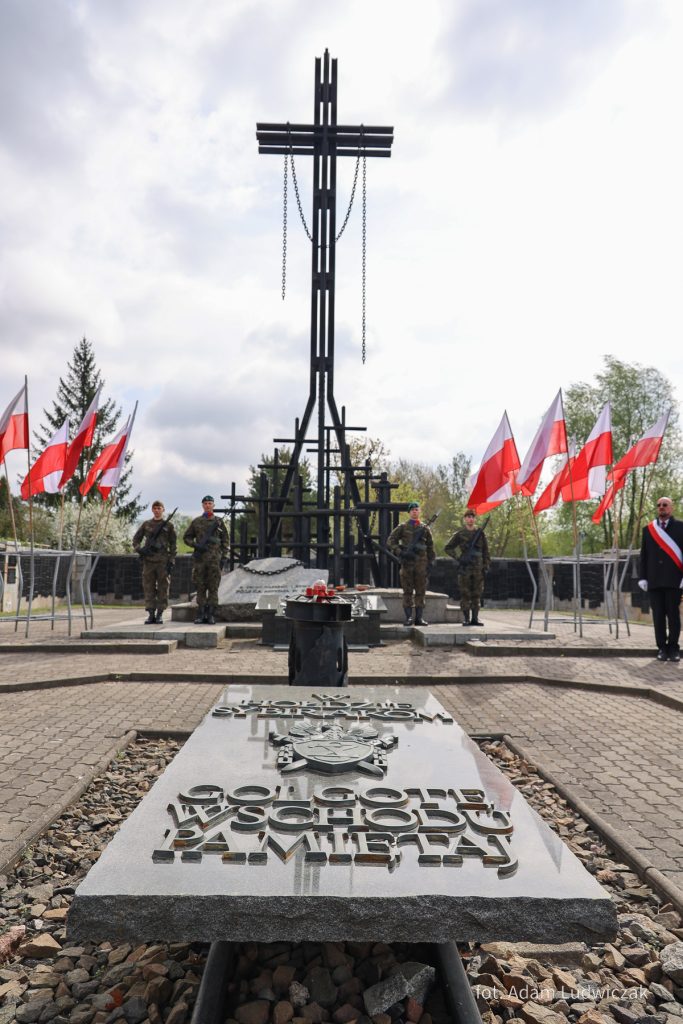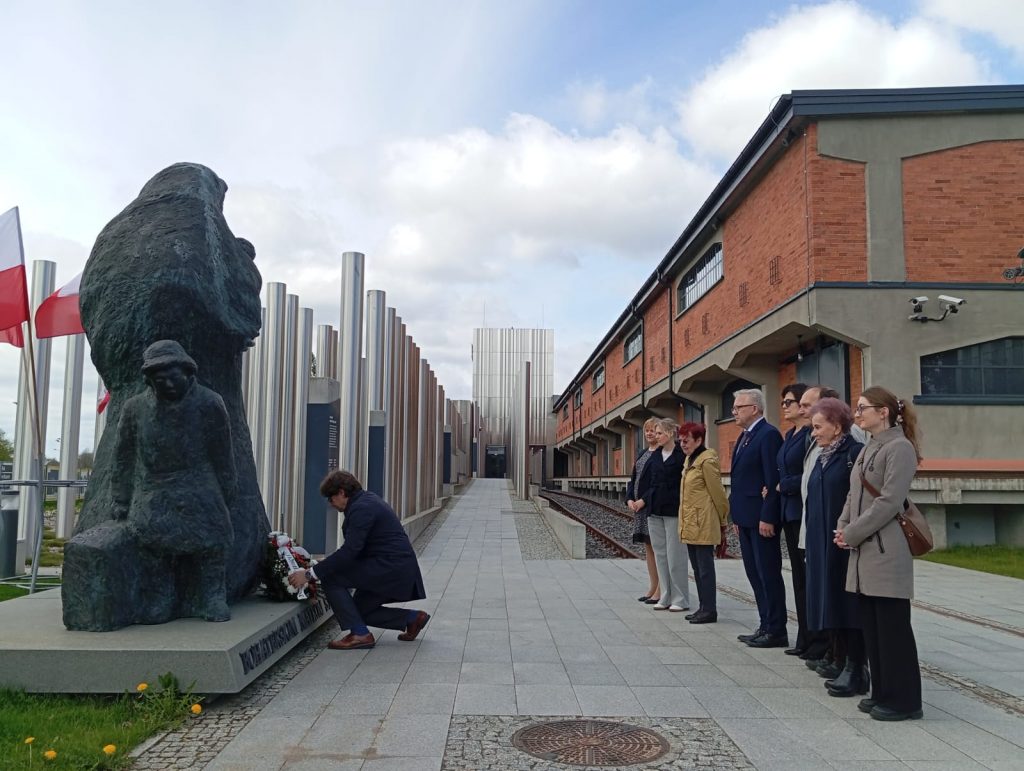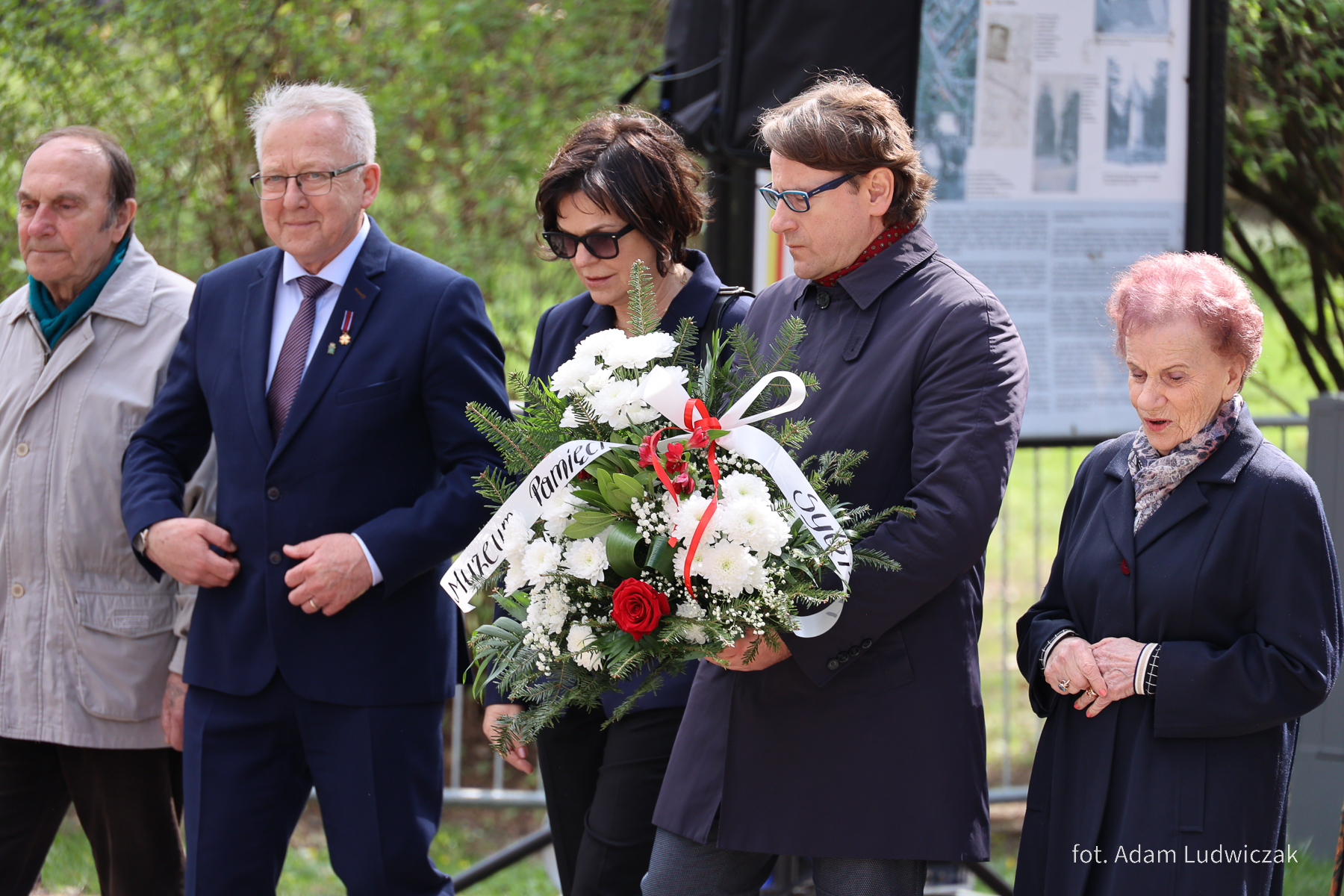On April 13, 2024, the 84th anniversary of the second mass deportation of citizens of the Republic of Poland deep into the Soviet Union, as well as the Day of Remembrance of the Victims of the Katyn Massacre, occurred. The Director of the Sybir Memorial Museum, along with the members of the museum team, participated in the anniversary ceremonies.
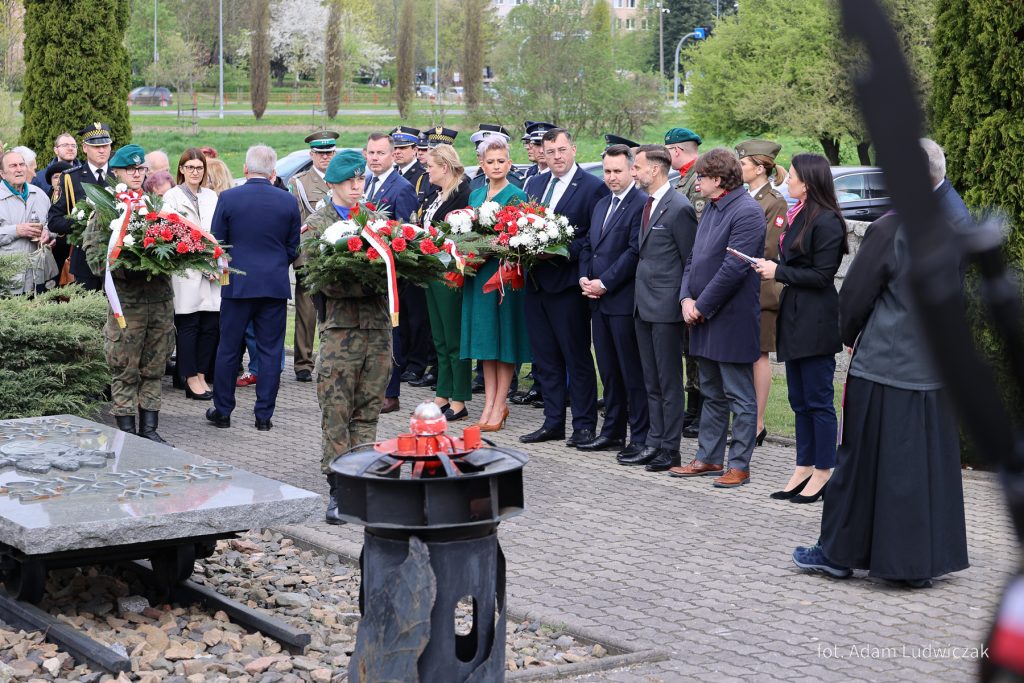
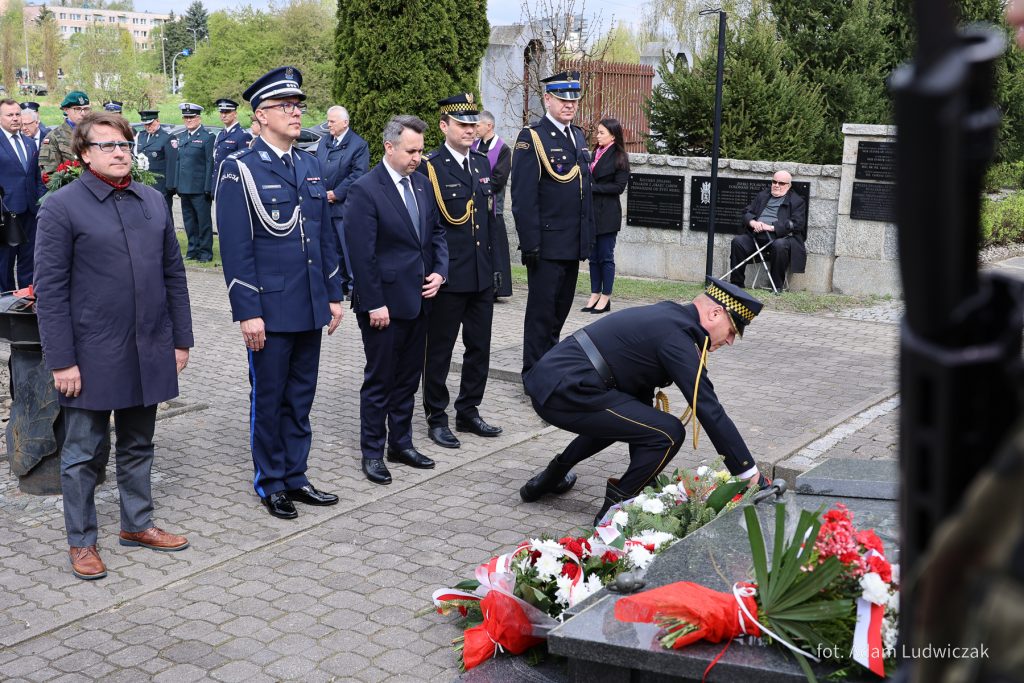
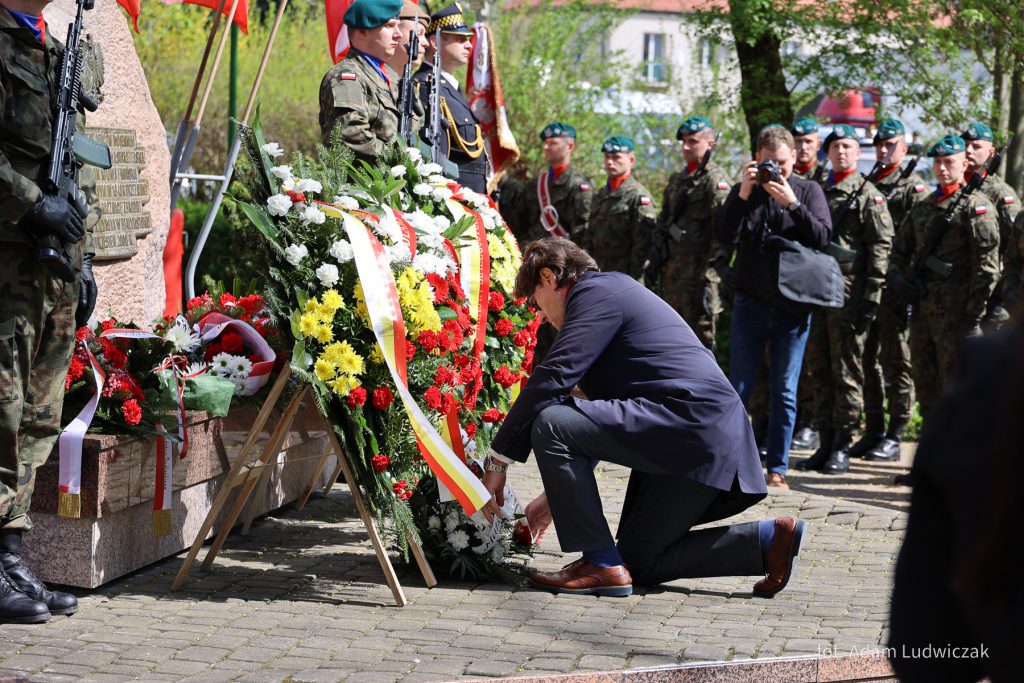
In order to commemorate the victims of these dramatic events from years past, Jacek Brzozowski – Voivode of Podlasie, Przemysław Tuchliński – Deputy Mayor of Białystok, Sybiraks and their descendants, along with the Sybir Memorial Museum delegation headed by Professor Wojciech Śleszyński, laid flowers and candles in front of the Katyn Massacre Monument and the Monument-Grave of the Unknown Sybirak.
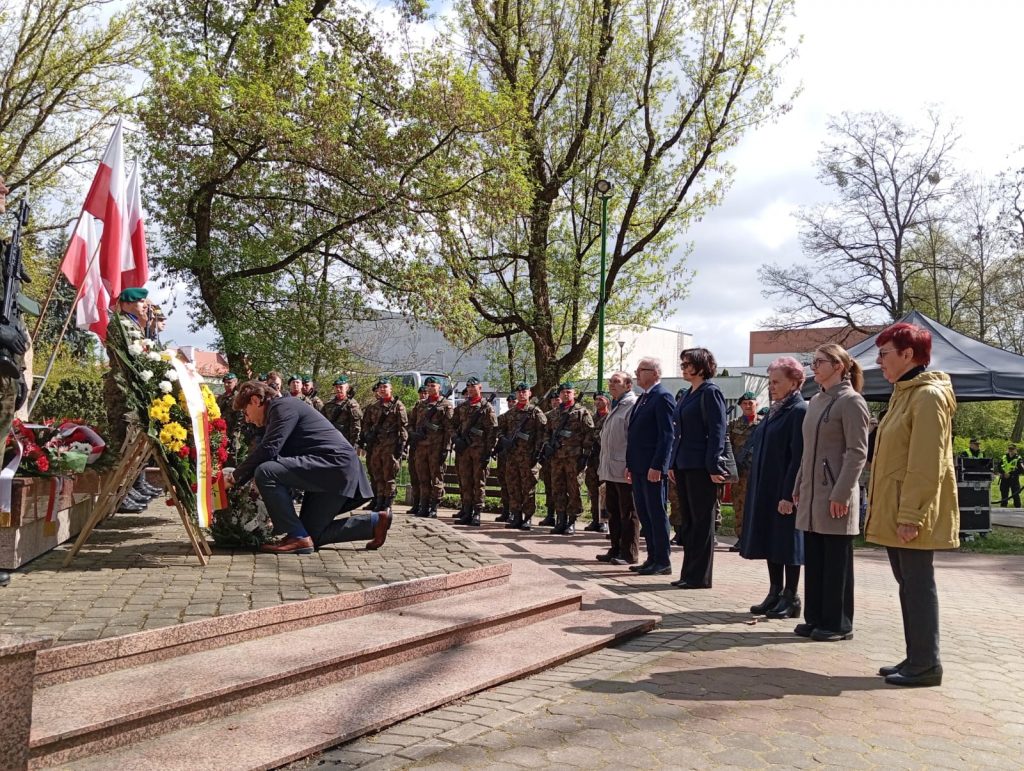
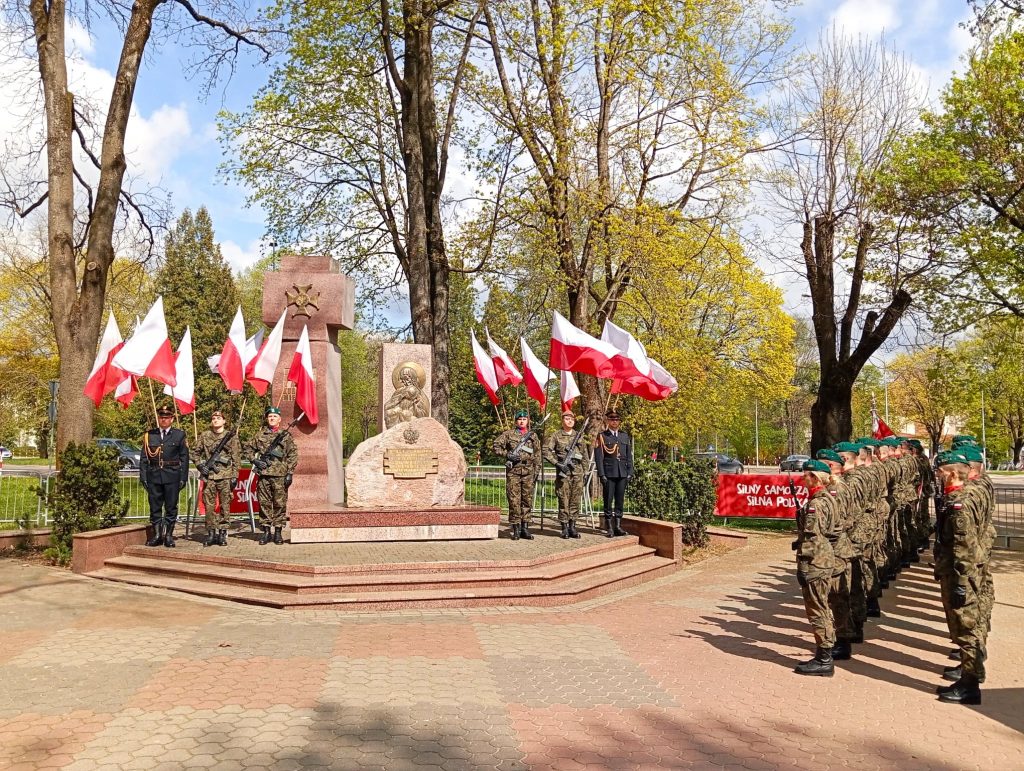
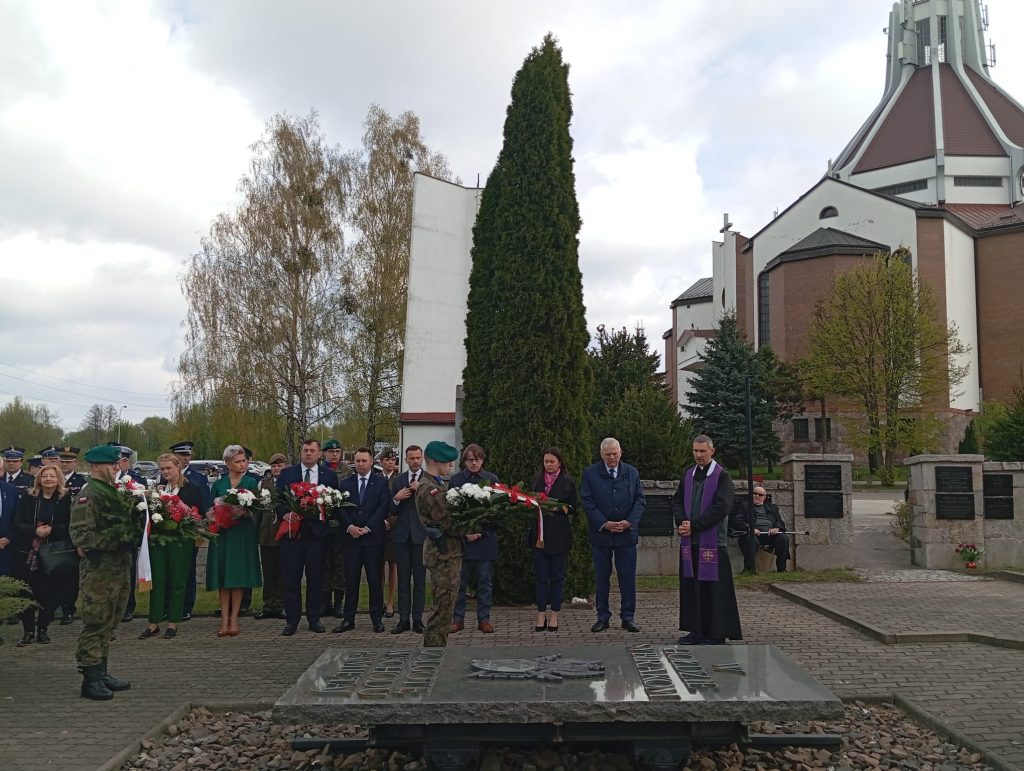
From an NKVD report: “During the months of April-June 1940, 60,182 individuals were resettled in Kazakhstan. The above-mentioned number was distributed as follows: in kolkhozes – 36,639, sovkhozes — 15,923, in enterprises and on construction sites – 7,630. Among the displaced are approximately 50% of children and elderly people, 20% of adult men, and the rest are women.”
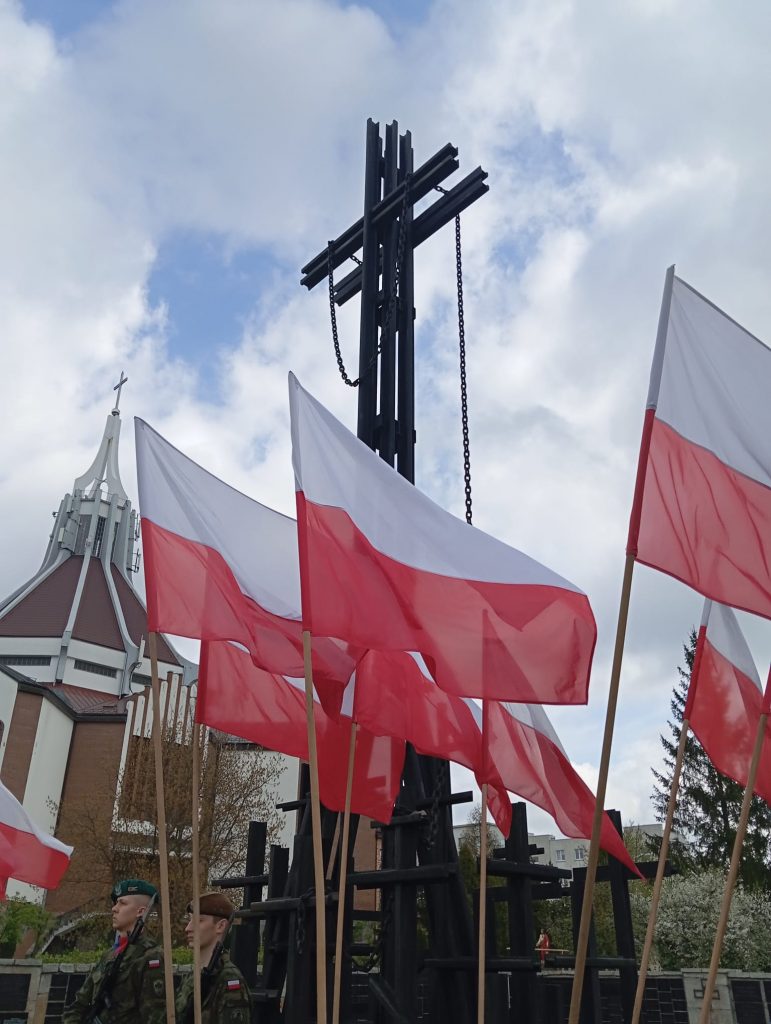
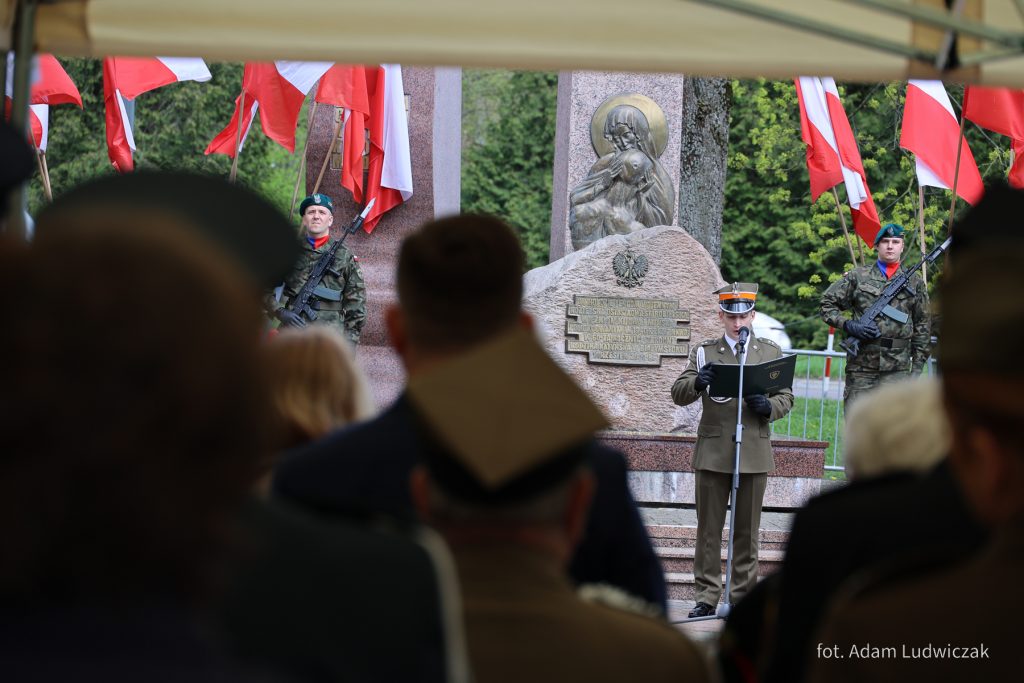
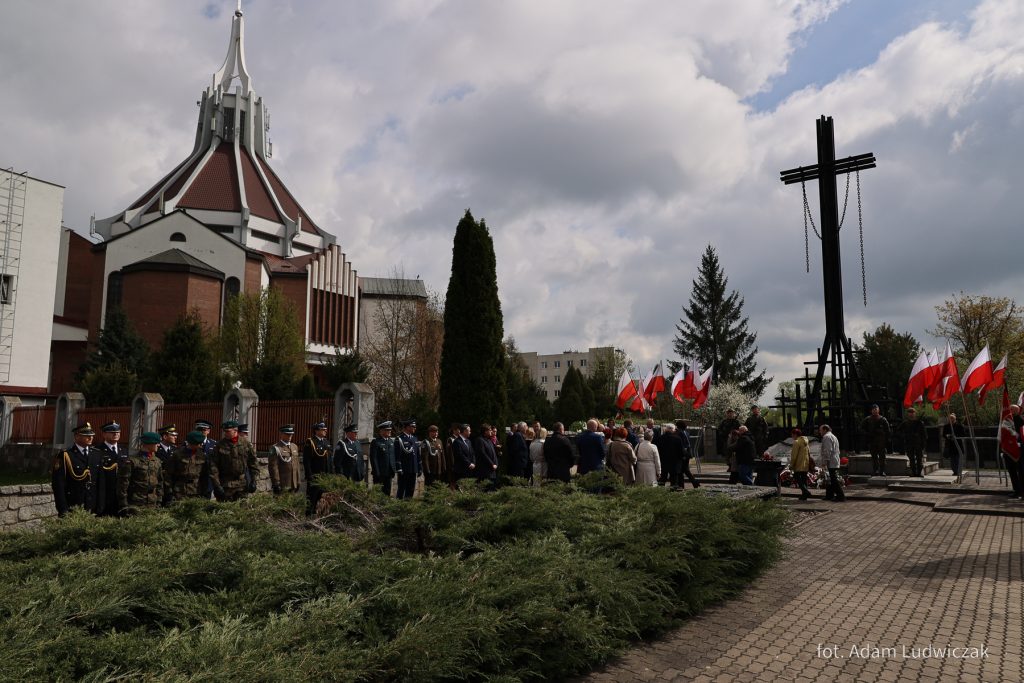
The Soviets deported the above-mentioned people to Siberia on April 13, 1940. They put the wives and children of those, whom they were murdering at the same time in Katyn, Smolensk, Kharkov and other places into the carriages. These single-parent families, usually consisting only of women and children, experienced the double tragedy of deportation, both during the long journey and stay in Kazakhstan’s kolkhozes and sovkhozes. They lacked male help with physical work, as well as the care and mental support of their spouses and fathers, for whose return they were constantly waiting. Above all, they missed their closeness, tenderness and love… They found out about the Katyn Massacre years later, often only after returning to Poland.
